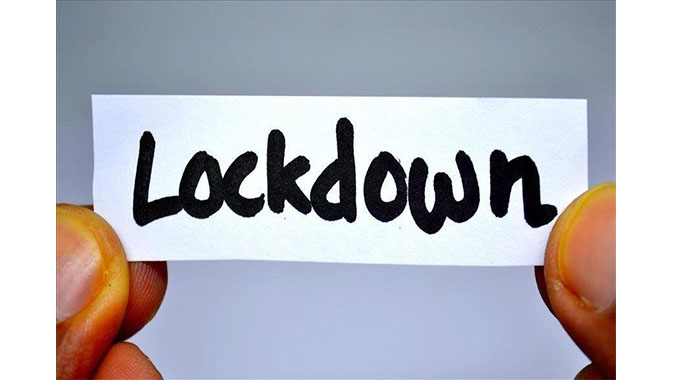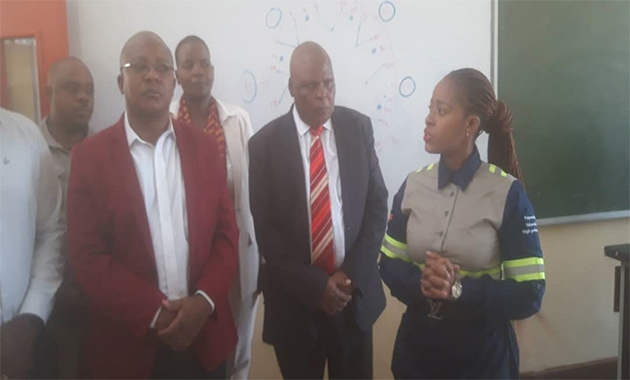Water four days a week for Bulawayo

Nqobile Tshili, Chronicle Reporter
BULAWAYO residents will now receive water four days a week as the Bulawayo City Council (BCC) has introduced a 72-hour weekly water shedding schedule.
The municipality is implementing a roadmap towards normalisation of water supplies in the city.
The council hopes to have lifted the water shedding exercise by the end of next month.
Last week, council loosened the tight water shedding exercise and residents started receiving water twice per week.
This was a shift from the municipality’s provisional water supply restoration schedule which saw most areas receiving running water only once a week, while some areas had gone for nearly a year without getting water from their taps.
Bulawayo has been under a strict water shedding programme since 2019 following successive poor rainfall seasons.
In a statement yesterday, Bulawayo town clerk Mr Christopher Dube said council was adjusting the water shedding exercise as the city’s dam levels had risen to 56 percent.
“The city of Bulawayo will from Monday 15 February start on the 72-hour water shedding schedule,” said Mr Dube.
Mr Dube said residents should adhere to prescribed water consumption limits.
He said houses in high density suburbs should not use more than 450 litres per day while low density suburbs should use a maximum of 650 litres per day.
Mr Dube said all residential flats with individual meters should not use water exceeding 400 litres per day.
He said council has resolved to stop connecting water to vacant stands and areas outside Bulawayo.
Mr Dube said council has imposed new fines for those who exceed daily water consumption limits.
“For those who exceed their water allocations, penalties will be effected against them. The current tariff for penalty for domestic users is $167 per kilolitre. Consumers are urged to monitor their water consumption daily by reading their meters. This helps detect any unnecessary loss of water,” said Mr Dube.
He said council still prohibits the use of hose pipes for gardening purposes.
“Construction with potable water remains prohibited. Consumers are urged to use boreholes and reclaimed water for non-potable uses,” he said.
Bulawayo deputy mayor Councillor Mlandu Ncube said relaxation of the water shedding regime does not mean the city is now out of the woods as far as water challenges are concerned.
He encouraged residents to use water sparingly and employ water conservation strategies.
“What we are expecting is that since we are receiving rains, we encourage residents to merely use tap water for drinking. They should harvest water for non-potable purposes and relieve pressure on the city’s water pumps. As a city, we are implementing a water rationing programme and residents should stick to the daily water consumption limits or risk being fined.
As council, we are also trying our best to provide them with potable water and residents should understand that service delivery comes at an expense. So, we encourage our residents to pay their bills religiously and we accept all modes of payment,” said Cllr Ncube.
The easing of water shedding comes at a time when Government has floated a tender for the survey works for the 260km water pipeline route from Gwayi-Shangani Dam to Bulawayo.
Government has this year allocated $4,5 billion towards the Gwayi-Shangani Dam project which is expected to be completed before the end of next year.
Construction works done at the dam site so far are at 39 percent and Government is already moving towards the second phase of the project which is the construction of the 260km pipeline from the dam to Bulawayo and pump stations along the pipeline.-@nqotshili.












Comments